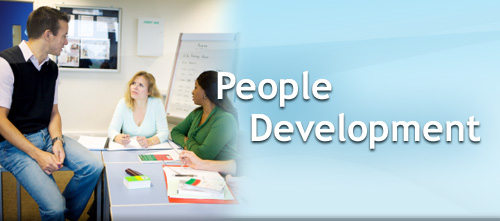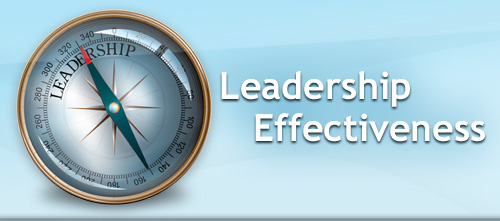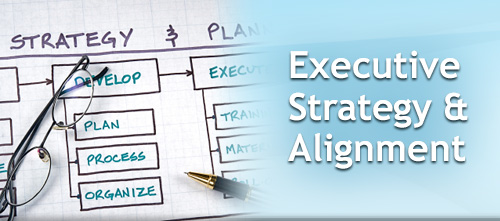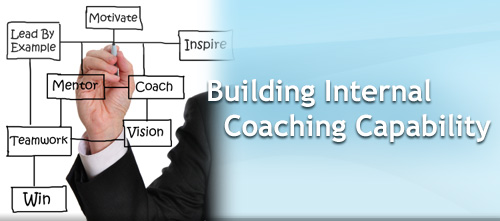“Coach Me”
How to get the most from your work with an Executive Coach
Introduction
If you are an executive or manager who is beginning a coaching engagement or who is considering working with an executive coach, you need more than the desire to improve your leadership capabilities. You also need to understand how to get the most from your work with a professional coach.
Coaching engagements represent a significant investment from both the sponsoring organization and the individual client. To get the best return on this investment of money, time and effort requires the active and collaborative participation of both you and the coach in every aspect of the process.
The old adage, “You get out of it what you put into it” certainly applies.
The “Coach Me” guide will help you gain a clear understanding of the executive coaching process, learn what coaching can and can’t do for you, identify the characteristics of an effective coach and discover what you the “client” need to do in order to optimize the benefits you receive from the coaching opportunity.
What Is Executive Coaching?
Executive coaching is an effective means of accelerating professional growth and enhancing managerial performance. Over 1.2 million people have been coached since the inception of the profession about 15 years ago. Unlike other training and development options, coaching is a completely personalized and private developmental process. It addresses the whole person with an emphasis on helping leaders achieve measurable/observable performance results and sustain life-changing behavior in their lives and careers. Recent surveys show that more and more executives and managers view working with an executive coach as a core part of their professional development. Together, you and your coach will assess your strengths, weaknesses, and developmental opportunities. You will work with your coach to create a detailed developmental action plan. This written plan, will focus on 3-4 “mission critical” goals, and become the blue print for achieving future performance goals. As you execute your action plan, you and your coach will review and discuss outcomes, refine strategies as appropriate, and identify new behaviors and actions to further your professional growth.
Identifying a Coach
There are several considerations in selecting the right coach. When choosing the coach that is right for you it is important that you consider both work experience and coaching experience. There are hundreds of mid-level managers out of work today. Many spend months scouring the want ads unable to find the same kind of work at the same salary level and often decide to become coaches. There is a big difference between being a manager within a company and being a coach to a company. Corporate managers typically make decisions, manage resources (people, products, assets) and assist the company in achieving their vision, mission and goals. Coaches on the other hand help individuals and organizations redevelop their vision, mission and goals. They help the client and their employees achieve breakthrough innovation. Often time this “breaks the mold” for the way things have been done in the past. These are two completely different dynamics, requiring different skills. Be sure the coach you select has a minimum of 5 to 10 years of experience as a COACH. Just as in any profession, coaches learn by trial and error. Experience is critical to sourcing a well-qualified coach. It also makes sense to take the time to check references, call prior coaching clients, and perhaps pay a little more for an experienced coach.
The Coaching Process
Most executive coaching occurs during regular scheduled one-on-one sessions either in person, by phone, e-mail or a combination of these. Industry standards suggest that the first time you work with a coach, 3 months is the minimum amount needed to see real results—with the majority of coaching engagements lasting 6-9 months. One benefit of coaching is that it is there when you need it, and many clients return to coaching periodically throughout their career.
You and your coach will set up an initial meeting to establish the coaching relationship and begin the groundwork for the coaching process. The initial phase of coaching will involve assessment, (a baseline picture of your current situation and level of skills). A variety of on-line or written assessment instruments will provide information on your leadership style, competencies and capabilities, your skills at building and managing relationships, and other characteristics. Your coach will also want to interview some of your colleagues, your direct reports and your boss in order to elicit information on:
- how others see you
- personal strengths that can be leveraged
- personal shortcomings that can be improved
Because executive coaching is meant to produce visible, measurable change over a period of months, not all assessments will take place at the outset of your coaching engagement. Your coach will also measure your progress at intervals during the course of your work together. Your coach may ask people who previously participated in feedback interviews to participate in follow-up interviews to see what behavior changes they have observed.
Once all assessment data is collected, you and your coach will work together to craft the developmental action plan that will enable you to reach your goal of improved leadership effectiveness. This written plan, will focus on 3-4 “mission critical” goals and become the blue print for achieving future performance targets.
With your action plan in place, you and your coach will schedule bi-weekly, 1- hour coaching sessions for the length of your engagement. Your coach will also be available during business hours to answer brief questions and to clarify any issues. As you execute your action plan, you and your coach will review and discuss outcomes, refine strategies as appropriate, and identify new behaviors and actions to further your professional growth.
The success of coaching depends upon what you do between the scheduled coaching sessions. Your part in the process is to carry out the plan by working daily on achieving the goals you and your coach have set.








{ 0 comments… add one now }